Corona crisis puts PhD Fellows in a pickle: Ministry discusses three-month paid extensions
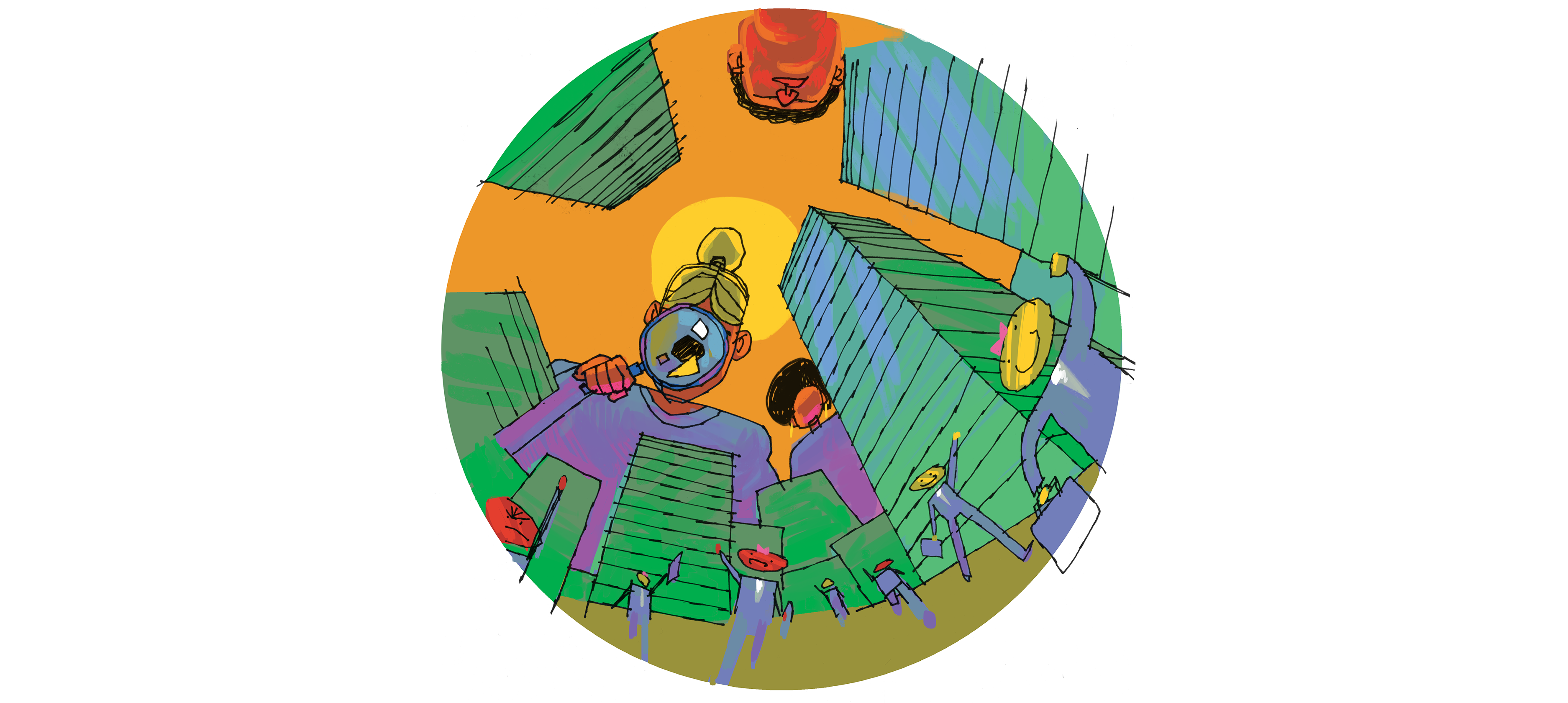
(Illustration: Emil Friis Ernst)
Facing cancelled or postponed conferences, courses and research stays abroad, PhD Fellows are having a harder time finishing their studies on time. The Ministry for Higher Education and Science is discussing solutions. CBS’ PhD association proposes further initiatives to alleviate the COVID-19 challenges, which include the fear of fewer jobs for new PhD graduates.
Just like everyone else at CBS, the 185 or so PhD Fellows have also had to clear their offices and do everything from home during the lockdown. However, according to CBS’ PhD association (PAC), many of the PhD Fellows have found themselves in rather a serious pickle.
Fieldwork, research stays abroad, conferences and courses have been cancelled or postponed, and the PhD Fellows are looking at uncertain times ahead as many are unsure they will finish their studies on time, according to PAC. (See fact box)
“I’m lucky as most of my data can be collected online, but I had planned to go to the U.S. for a research stay next semester to finish my work. Now it seems that won’t happen,” says Nicola Ens, second year PhD Fellow at the Department of Digitalization at CBS and Vice Chair of PAC. She continues:
“The major issue is that PhD Fellows have so little time to finish their work that they must keep to a strict schedule. I had every month from now on until I finish planned, and now everything is on hold. I can’t see how I won’t be delayed”
At the request of the Danish Association of Masters and PhDs (Dansk Magisterforening) and the PhD Association Network of Denmark (PAND), the Ministry for Higher Education and Science is discussing the possibility of extending the PhD contracts by three months in order to help students who are delayed due to complications caused by the coronavirus crisis.
Niels Hulgård, PhD Fellow at the Department of Accounting and Chair of PAC, hopes that the Ministry will pick up the suggestion and fund the three-month extensions for PhD Fellows in need, but points out that in some special cases, the delays will last longer than three months.
“Some PhD courses that only run once a year have been cancelled, and some fieldwork and data collection is seasonally dependent. This means PhDs can be delayed by up to one year, unless the courses are rescheduled to run earlier and the PhD can find alternative approaches to data collection,” says Niels Hulgård and continues:
“These delays will not be covered even by the potential three months government paid extension. Therefore, it would be great if CBS could earmark additional funds for these special cases,” he says.
Furthermore, PAC has just sent a list of ways to alleviate the COVID-19 challenges the PhDs are facing to the Senior Management of CBS, who, according to PAC, are well aware of the PhD Fellows’ struggles.
For example, PAC suggests that perhaps dispensations could be granted if mandatory research stays are not possible due to COVID-19, as well as a three-month extension of the ‘finishing on time’ bonus worth DKK 20,000.
“It’s important to say that we don’t feel overlooked. CBS has been right to focus on getting teaching up and running for the bachelor and masters’ students, who really are the bread and butter of CBS. Now, that is working, it’s time to look at more complex issues, and the position we’re in,” says Niels Hulgård.
Careers on hold
Christoph Viebig, PhD Fellow at the Department of Management, Politics and Philosophy and Vice Chair at PAC, is currently working on a special issue of a paper and is relying on historical sources. He too has run into some obstacles.
“I miss a few details in order to finish this special issue, and because the historical sources I need aren’t online, I can’t access them – and the deadline for the paper is in six days. Furthermore, I wanted to present a draft of the paper at a conference, but I can’t. This lockdown could have a long-term impact on my research,” he says.
Christoph Viebig had also planned to use his on-campus teaching for data collection. Now that everything is moving online, he might not be able to collect the data in the next semester as planned, and it is possible that he will have to wait another year before he can teach that course again and collect the data.
“The most frustrating part is that no one knows when it will stop, so you can’t plan anything. I’m hearing from other PhD Fellows that they are also feeling the time pressure and are concerned not only about their own situations, but also about their family and friends, which isn’t making the situation any easier to handle,” he says.
I even know of a PhD graduate who was offered a position but it was withdrawn at the last minute because of the coronavirus crisis
Nicola Ens
The representatives from PAC explain that unlike associate professors and professors who have higher job security, being a PhD Fellow can be a stressful affair, as their careers depend entirely on how well they perform on several parameters during their studies – which they have limited time to finish.
“PhD Fellows are a mixture of students and employees, and we are affected by that. If a PhD course is cancelled, our work is delayed, and this is a situation that more senior faculty would not be in,” says Christoph Viebig.
On the subject of careers, within academia it is normal to recruit new staff members at conferences, and with no conferences, there is no networking.
“PhD graduates enter a very competitive job market where face-to-face networking can have a big impact. Moreover, most major universities outside Denmark have imposed a hiring freeze, so we are potentially facing a bottleneck with a lot of PhD applicants for too few jobs in the near future,” says Nicola Ens and continues:
“I even know of a PhD graduate who was offered a position but it was withdrawn at the last minute because of the coronavirus crisis.”
PAC expects to know more about what initiatives are being put into force in about two weeks’ time.



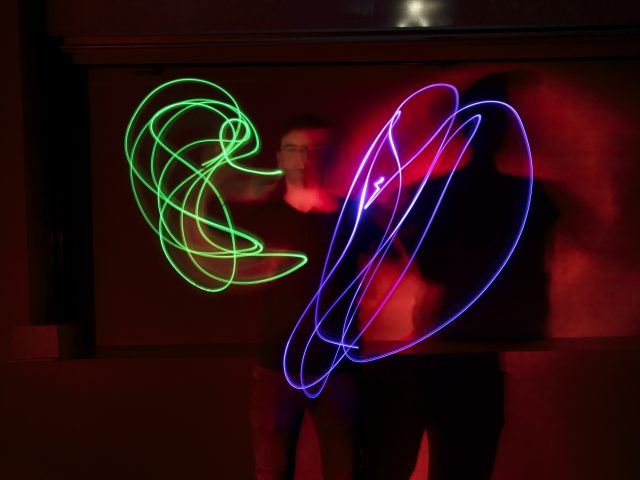
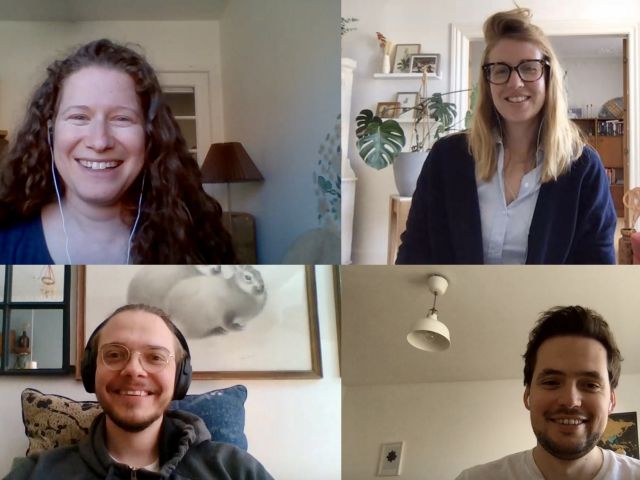
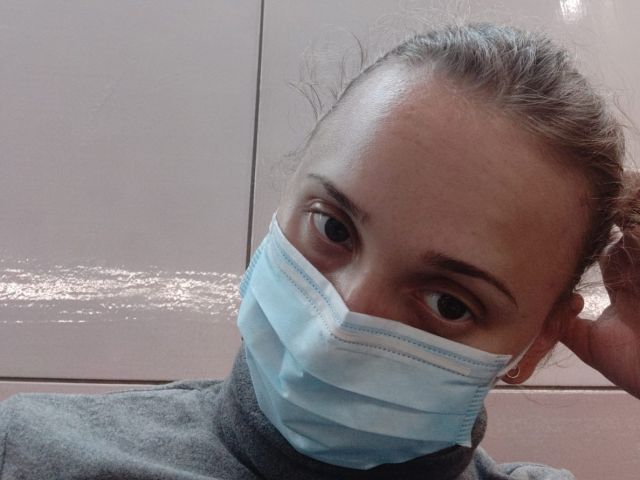
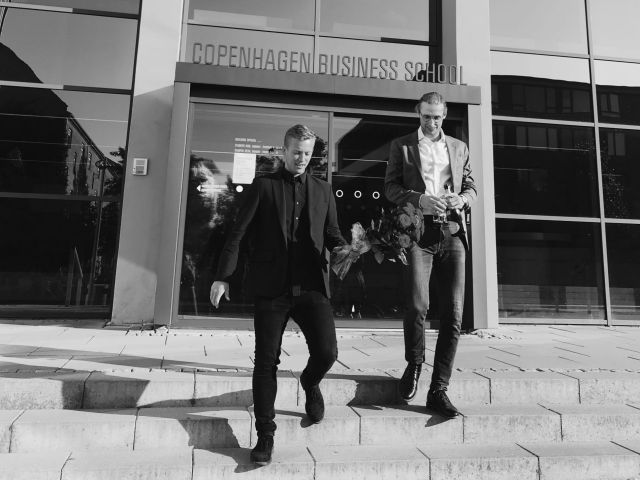
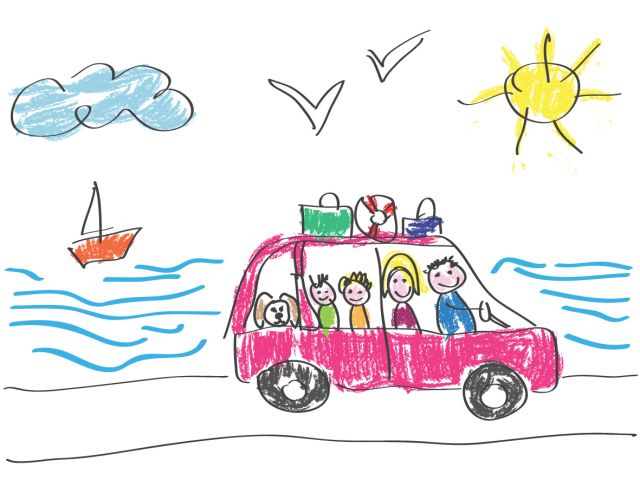
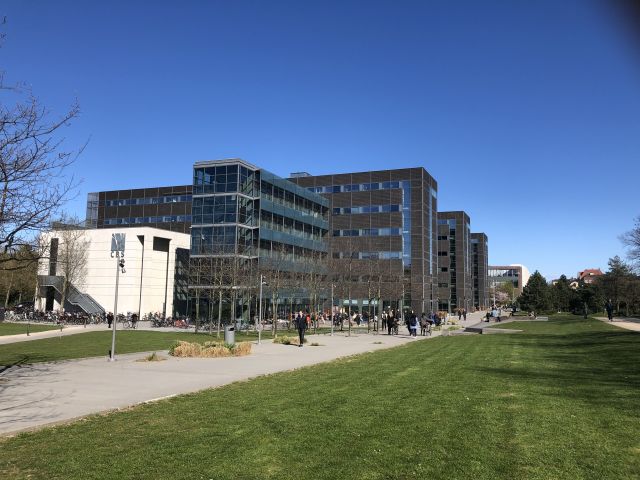




























































































































Comments